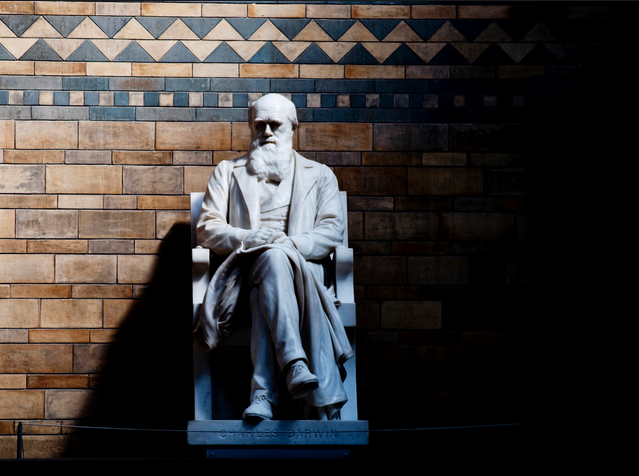Darwin kept his theory to himself because he well knew the storm it would cause. In 1844, the year he locked his notes away, a book called Vestiges of the Natural History of Creation roused much of the thinking world to fury by suggesting that humans might have evolved from lesser primates without the assistance of a divine creator. Anticipating the outcry, the author had taken careful steps to conceal his identity, which he kept a secret from even his closest friends for the next forty years. Some wondered if Darwin himself might be the author. Others suspected Prince Albert. In fact, the author was a successful and generally unassuming Scottish publisher named Robert Chambers whose reluctance to reveal himself had a practical dimension as well as a personal one: his firm was a leading publisher of Bibles.

Vestiges was warmly blasted from pulpits throughout Britain and far beyond, but also attracted a good deal of more scholarly ire. The Edinburgh Review devoted nearly an entire issue — eighty-five pages — to pulling it to pieces. Even T. H. Huxley, a believer in evolution, attacked the book with some venom, unaware that the author was a friend. (Darwin was one of the few to guess correctly. He happened to be visiting Chambers one day when an advance copy of the sixth edition of Vestiges was delivered. The keenness with which Chambers checked the revisions was something of a giveaway, though it appears the two men did not discuss it.)











